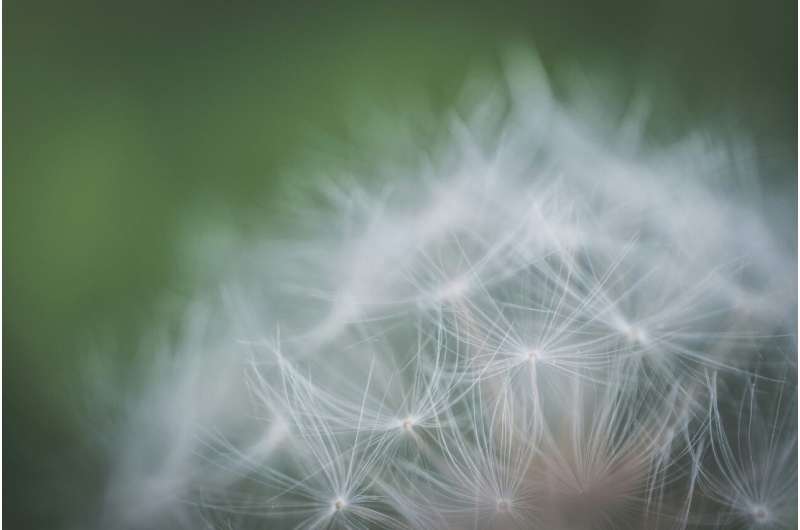High Pollen Levels Linked to Increased Suicide Risk: New Research Highlights Environmental Triggers

New research links high pollen levels to increased suicide risk, emphasizing environmental factors' impact on mental health and the importance of proactive public health strategies.
Recent research from the University of Michigan has uncovered a concerning connection between high pollen seasons and an increased risk of suicide. While pollen is commonly associated with allergies causing sneezing and itchy eyes, this new evidence suggests that allergen exposure may also significantly impact mental health and suicidal behavior.
The study analyzed data from 186 U.S. counties across 34 metropolitan areas, correlating daily pollen levels with suicide rates reported between 2006 and 2018. Researchers found that as pollen levels rose, so did the risk of suicide, with the highest pollen category associated with a 7.4% increase in death rates. This indicates that the physiological effects of allergies—such as disrupted sleep, heightened stress, and mental distress—may act as triggers, especially in vulnerable populations.
Joelle Abramowitz, an associate research scientist involved in the study, explained that even small environmental shocks like high pollen counts can have a profound effect on individuals already experiencing mental health challenges. The research divided pollen levels into four tiers, revealing a stepwise increase in suicide risk corresponding with each higher level. Notably, individuals with pre-existing mental health conditions or prior treatment history exhibited an even greater susceptibility, with an 8.6% higher incidence of suicide during peak pollen days.
The findings also pointed out demographic variations, with white men most strongly impacted, though Black individuals also showed unexpectedly high vulnerability. The study emphasizes that these environmental factors are external triggers, independent of mental health status, yet they can exacerbate existing vulnerabilities.
Given the global nature of this phenomenon, similar trends have been observed in places like Tokyo and Denmark, suggesting a worldwide pattern. The researchers stress the importance of public health strategies including better pollen forecasts, public education, and proactive mental health support, especially during peak pollen seasons.
With climate change projected to extend and intensify pollen seasons, the impact on mental health and suicide prevention could become more significant, potentially doubling by the end of the century. Healthcare providers are encouraged to consider environmental triggers such as pollen allergies in their risk assessments and patient care strategies.
This research underscores the intricate link between environment and mental health, highlighting the need for integrated approaches to reduce suicide risks associated with environmental stressors.
Source: https://medicalxpress.com/news/2025-09-high-pollen-straw-effect-suicide.html
Stay Updated with Mia's Feed
Get the latest health & wellness insights delivered straight to your inbox.
Related Articles
Understanding Gender Differences in Motivation and Well-Being: Insights from Recent Research
A recent study explores gender differences in motivation and well-being, highlighting the importance of self-efficacy and life meaning across men and women. Discover key insights and practical applications for mental health and personal growth.
The Impact of Puppy Ownership on Family Mental Health: Benefits and Challenges
A UK-based study explores the mental health benefits and challenges of puppy ownership, highlighting the emotional impact on families and the importance of responsible caregiving.
Stem Cell-Derived Dopamine Neurons Show Promise in Alleviating Depression in Mice
Scientists have developed stem cell-derived dopamine neurons that can integrate into brain circuits and reduce depression-like behaviors in mice, offering new hope for innovative depression therapies.



